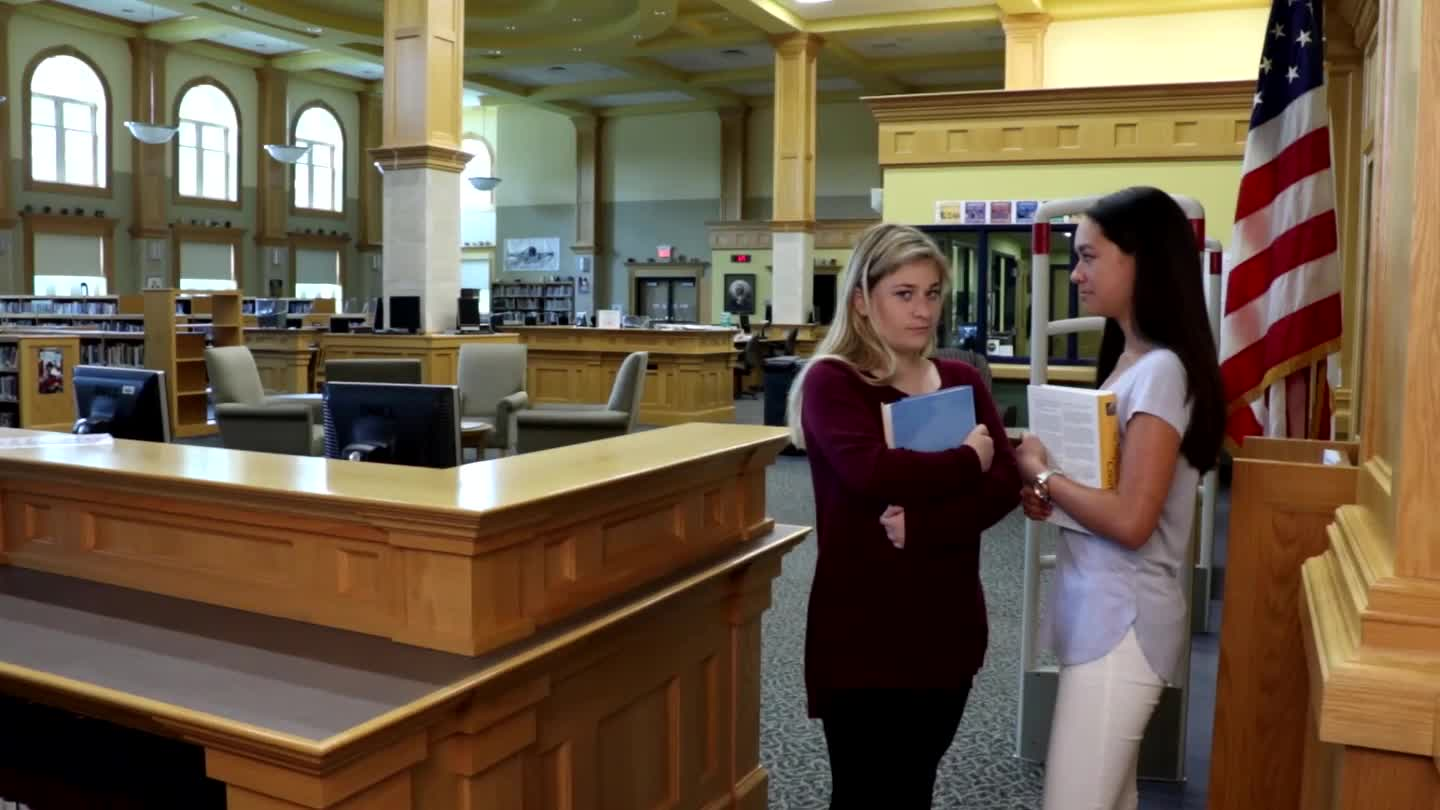In special education, understanding and addressing the various skills required for students to thrive is crucial. One such skill is the ability to maintain appropriate eye contact and avoid staring during social interactions. This target skill not only enhances students’ learning experiences but also fosters positive social connections and overall wellbeing.
Understanding Appropriate Eye Contact and Staring
The target skill focuses on the ability to differentiate between appropriate eye contact and staring, especially in social situations. When students practice this skill, they become more aware of their actions and the impact they have on others, promoting healthy social interactions and boosting their confidence.
The Role of Specialists
Various specialists can support the development of the target skill:
- Speech-Language Pathologists can help students improve their nonverbal communication skills, including eye contact.
- Social Workers can offer guidance on social norms and behaviors, such as avoiding staring.
- Psychologists can assist students in understanding the emotions and feelings of others in social situations.
- School Counselors can provide support in developing social skills and fostering positive peer relationships.
IEP Goals for Target Skill
Here are some SMART IEP goals to improve the target skill in students:
- Goal: The student will demonstrate appropriate eye contact during conversations with peers and teachers in 80% of observed instances over the next three months.
- Strategies/Activities: Role-playing, social stories, and practicing maintaining eye contact during conversations.
- Goal: The student will reduce instances of staring at others in social settings by 50% over the next six months.
- Strategies/Activities: Practicing self-awareness, understanding personal space, and using visual cues to remind the student to avoid staring.
Implementing and Measuring Progress
To implement these IEP goals effectively and measure progress:
- Collaborate with specialists to develop tailored strategies for each student.
- Regularly monitor and document student progress through observations and assessments.
- Adjust strategies and goals as needed based on the student’s progress and needs.
Conclusion
By addressing the target skill of appropriate eye contact and avoiding staring, educators can help students develop better social interactions, confidence, and overall wellbeing. Applying these IEP goals and working closely with specialists will lead to improved social skills in high school students. We encourage you to explore more resources and sample materials at Everyday Speech Sample Materials.






